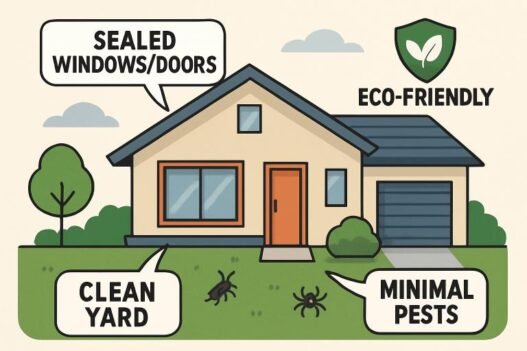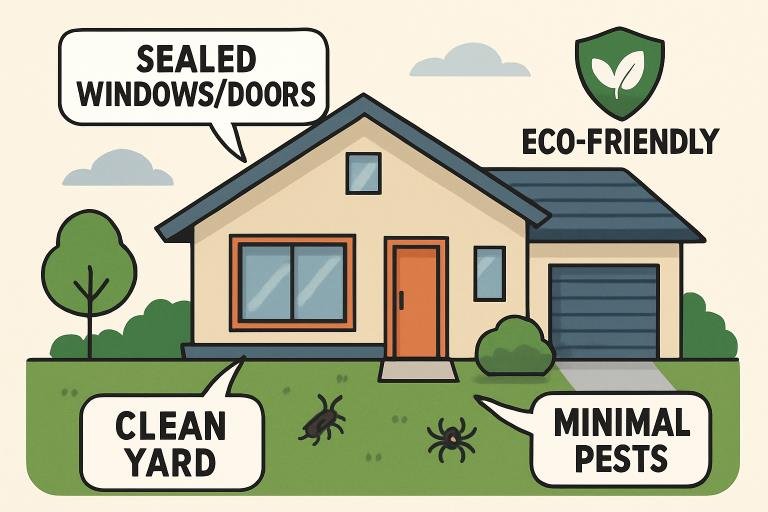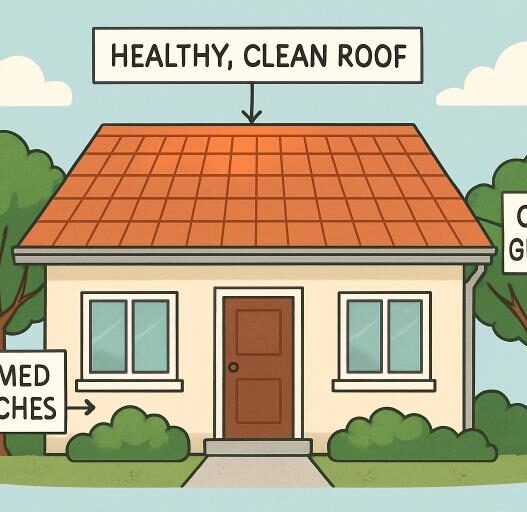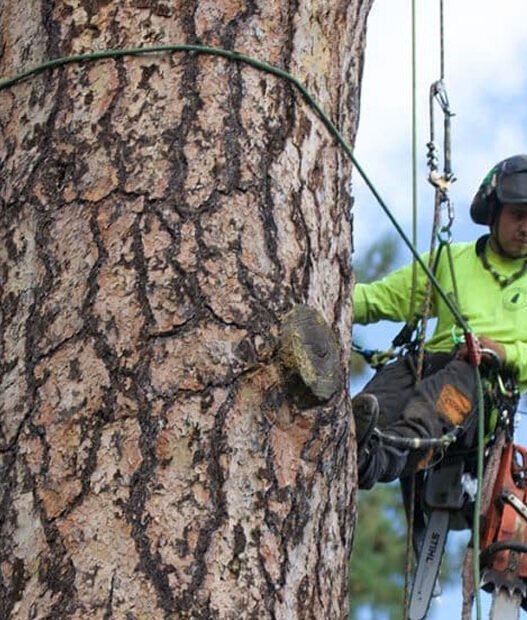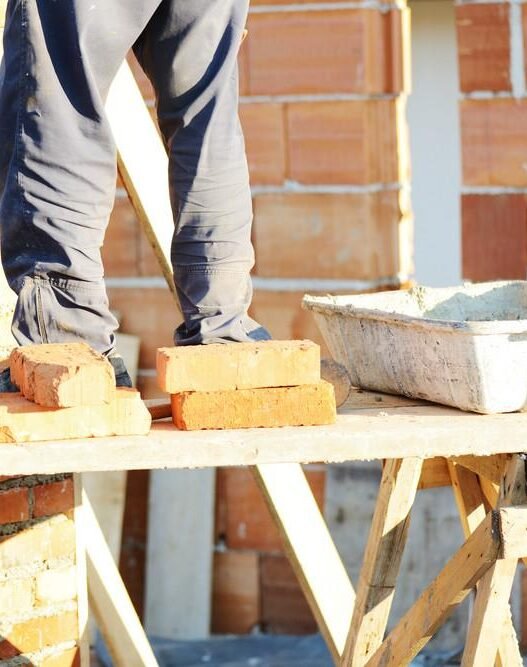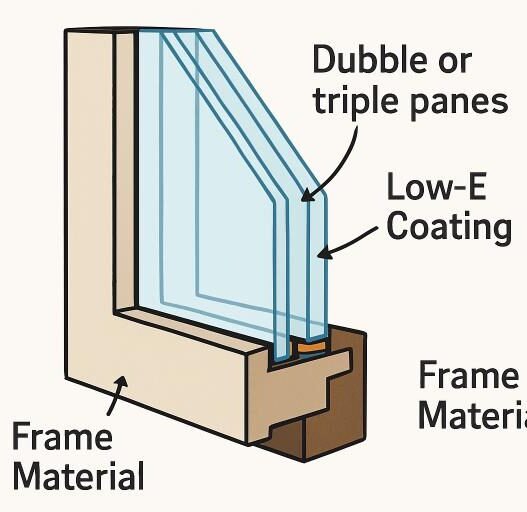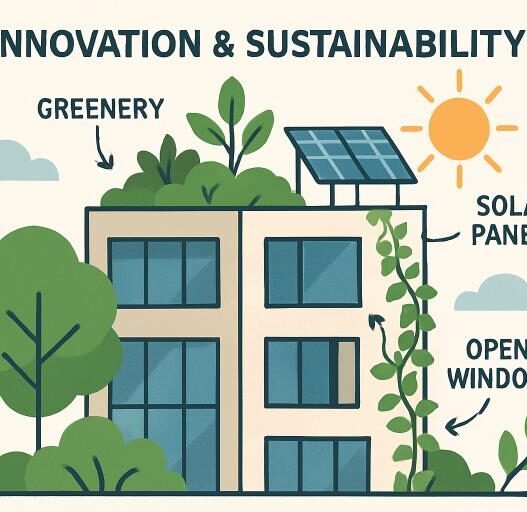The Rise of Integrated Pest Management
Integrated Pest Management (IPM) is shaping the future of effective bug control for homeowners and professionals alike. Unlike traditional pest control methods that rely heavily on chemical sprays, IPM centers on a holistic approach using biological control, environmental adjustments, and targeted treatments. This strategy doesn’t just temporarily remove pests—it prevents future infestations by disrupting pest lifecycles and eliminating attractants in and around the home.
With rising awareness of how chemicals impact indoor air quality and environmental safety, today’s pest management professionals are blending science-backed techniques with a focus on protecting household health.
The Most Common Household Pests and How They’re Managed
Certain pests are notorious for invading homes regardless of location or season. Ants, cockroaches, termites, and bed bugs are among the leading culprits, each presenting unique challenges. Ant infestations typically require sealing minor entry points, while cockroaches thrive where there is moisture or food debris. Bed bugs, in contrast, hitch rides on clothing or luggage and demand targeted inspections and heat treatments. Homeowners facing termites must address moisture control, often requiring professional-grade baiting systems or barrier treatments to protect structures.
Accurate pest identification is crucial for adequate control. Customizing the solution to the specific pest—rather than using generic sprays—maximizes safety and efficiency.
Environmentally-Friendly Approaches to Bug Control
Growing public concern for the environment drives greater green pest management methods adoption. Today, homeowners can select botanical-based treatments, diatomaceous earth, and biological controls, such as predatory insects, that naturally regulate pest populations. These approaches offer peace of mind for families with children or pets and are recommended alongside good housekeeping and moisture management.
Research supported by government and academic institutions highlights the increasing effectiveness of these eco-friendly alternatives—especially when paired with exclusion methods, like caulking cracks and ensuring window screens are intact.
Signs That It’s Time to Call a Professional Exterminator
While minor pest incursions can sometimes be solved with diligent upkeep and over-the-counter products, certain warning signs suggest the need for professional intervention. Recurring infestations, unexplained damage to wood or wiring, or visible pest droppings are strong indicators that a deeper problem is present. Some pests, such as termites or bed bugs, often remain hidden until damage or population sizes become significant.
Exterminators possess specialized equipment and experience to root out hidden breeding sites, implement safe treatment options, and provide follow-up to ensure pests haven’t returned. Leveraging professional expertise early can prevent escalating repair costs and protect household health in the long run.
The Latest Techniques and Innovations in Extermination
The extermination industry continues to evolve with groundbreaking tools and methods. Today’s professionals use clever electronic monitoring traps that detect pest activity in real time, allowing proactive and targeted intervention. Thermal remediation, a chemical-free solution for heat-sensitive pests like bed bugs, is increasingly popular and safe for residential settings.
Ultrasonic devices and targeted gel baits reduce reliance on widespread chemical use, lowering the risk to families, pets, and beneficial insects. Industry leaders are also tracking pest trends via data analysis, enabling personalized strategies based on environmental conditions and historical activity in the neighborhood.
DIY Pest Control vs. Professional Exterminators: Pros and Cons
DIY Pest Control
- Lower upfront costs and immediate action for minor, localized problems.
- Accessible tools and sprays at local hardware stores.
- Risk of misidentification, persistence of the infestation, or improper application of products.
Professional Exterminators
- Specialized training, adequate equipment, and access to more potent solutions.
- Long-term pest management, including monitoring and prevention plans.
- Higher initial cost but often more effective for stubborn or recurring problems.
Most homeowners find that minor issues may respond to DIY efforts, but professional service is essential for widespread infestations or when health and property are at risk. Combining self-care with expert visits delivers reliable results with peace of mind.
Preventative Maintenance to Keep Bugs at Bay
- Seal gaps around windows, doors, and the home’s foundation to block entry points.
- Eliminate clutter and promptly clean up spills and crumbs, especially in kitchens and pantries.
- Correct sources of standing water or leaks to reduce moisture-loving pests like cockroaches and termites.
- Store firewood, mulch, and compost away from exterior walls.
- Schedule annual inspections for early identification and treatment of emerging issues.
By practicing these habits year-round, homeowners can lower their risk of infestation and preserve their property from costly repairs.
Future Trends in Bug Control and Exterminator Services
Technology will play a bigger role in pest control, with more homes incorporating smart detection devices and real-time alerts. The industry is expected to adopt biodegradable solutions further, expand the use of biological controls, and develop more effective rapid-response units for managing pest outbreaks.
This shift toward precision, green solutions, and ongoing monitoring promises safer, more innovative pest management for families and the environment.
Conclusion
Modern pest management goes beyond quick fixes, offering sustainable methods that protect homes and health. By combining advanced treatments, preventative strategies, and eco-conscious solutions, today’s professionals ensure infestations are addressed at the source. Homeowners benefit from long-term peace of mind, knowing their living spaces remain safe, clean, and resilient. Choosing expert care means safeguarding not only your property but also the well-being of everyone inside, creating a more secure and comfortable environment for the future.


